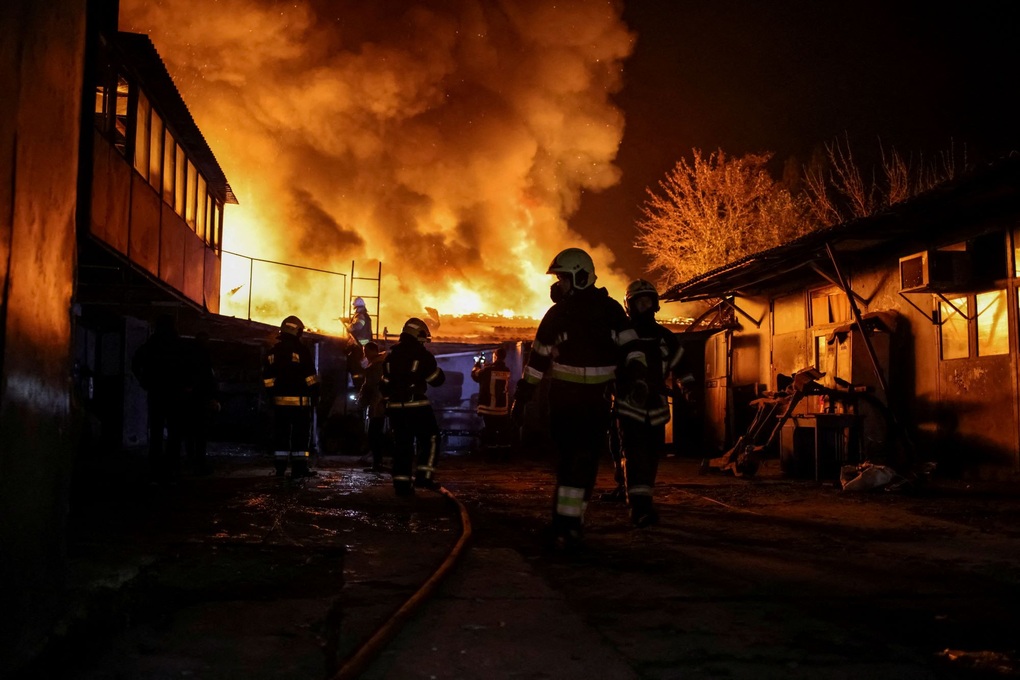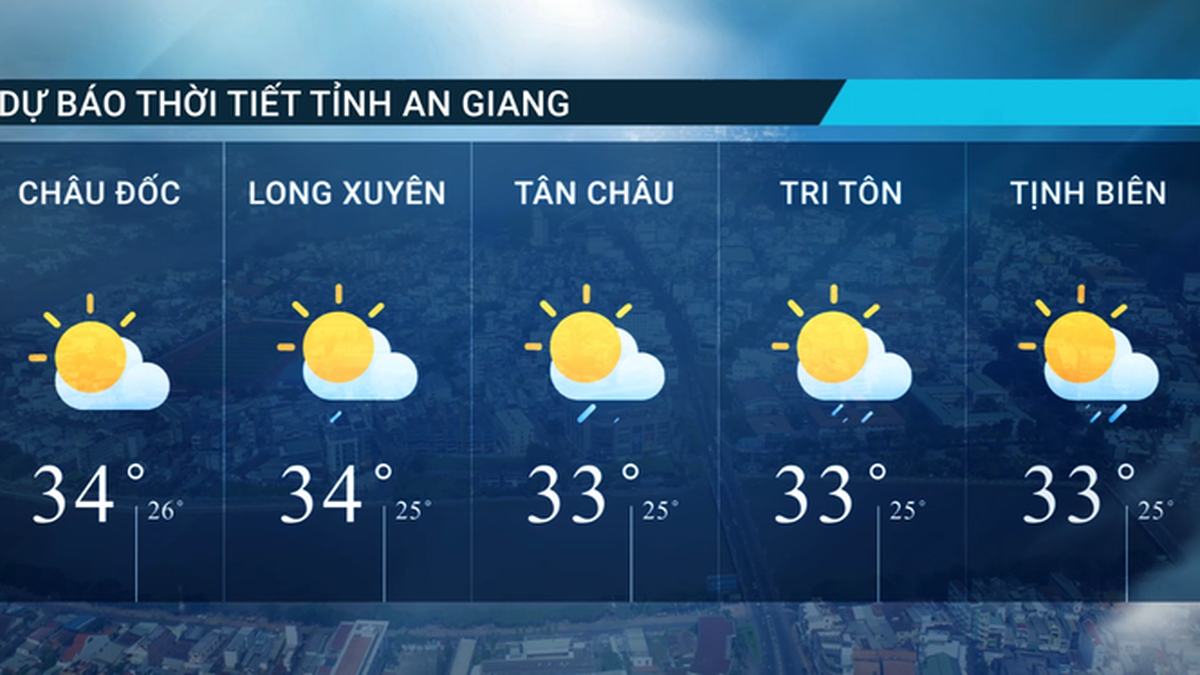
Ukrainian firefighters deal with a fire at an infrastructure facility in Kharkov that was attacked by a Russian UAV (Photo: Reuters).
"My family bought dozens of candles and a truck full of firewood in preparation for Russian attacks," Ukrainian Foreign Minister Dmytro Kuleba revealed in an interview with German daily Die Welt on November 6.
Ukraine is bracing for “the worst winter in its history,” Kuleba said, with widespread blackouts likely due to Russian missile strikes. Moscow began targeting Ukraine’s energy infrastructure last fall in retaliation for Kiev’s bombing of the Crimean Bridge.
In September, the secretary of Ukraine’s National Security and Defense Council said the issue had been discussed several times by senior officials, adding that providing electricity to residents would also depend on local authorities.
Last month, Ukrainian Energy Minister German Galuschenko acknowledged that if Russia launched a major attack on Kiev’s energy infrastructure, it could cause significant damage to the national grid and potentially cause widespread blackouts. He urged citizens to prepare generators and take other measures to bolster their response if a blackout were to occur.
According to Mr. Galuschenko's July estimate, Russian attacks have damaged about 50% of Ukraine's total power generation facilities, many of which have been completely destroyed.
Russia first launched large-scale attacks on Ukraine’s energy infrastructure in October 2022. This was in response to Kiev’s bombing of a strategic Crimean bridge. Ukrainian officials had previously denied any responsibility, but recently, the head of the Security Service of Ukraine (SBU), Vasily Malyuk, admitted that Kiev was behind the attack.
To deal with Russia's new wave of attacks, Ukraine called on its Western allies and partners to provide more air defense systems, missiles and fighter jets.
Kuleba said that the German Taurus long-range missile system is not a priority for Kiev at the moment. Instead, they expect to receive more air defense systems. He stressed that Ukraine will make efforts to protect its national power plants.
For its part, Germany remains reluctant to supply long-range weapons to Kiev, with German Chancellor Olaf Scholz explaining that he does not want these missiles to be used against targets in Russia.
Commenting on the issue in September, German Foreign Minister Annalena Baerbock said the Taurus missile was extremely sophisticated. “When we give away anything, we want to make sure it will only operate within the territory that is allowed,” she stressed.
Source
































































































Comment (0)